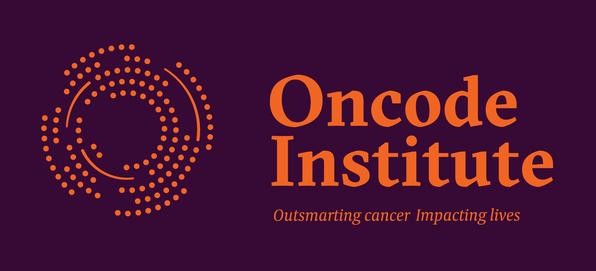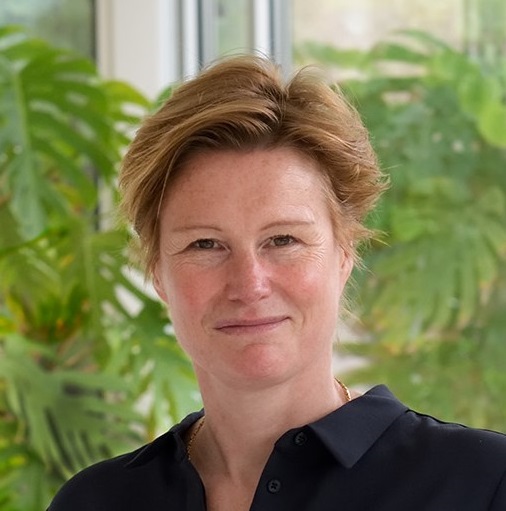DR-391 Identifying cancer causing regulators using high throughput transcriptomics and whole-genomics data
Here, we propose to identify the link between noncoding regulatory mutations and the aberrantly activated regulatory proteins in cancer cells that implement the dysregulatory programs, using both whole genome and gene expression datasets. Previous studies have focused primarily on coding mutations, but the dysregulatory cellular programs that create and sustain cancer are not well studied. Through combined whole-genome and -transcriptome analyses, we aim to identify the key regulatory proteins orchestrating dysregulation in cancer cells. The findings will elucidate novel mechanistic details of dysregulation in cancer and facilitate drug development and precision medicine.
Felix Dietlein, Chidren’s Hospital Boston, USA
Terug naar nieuwsMeer nieuws

‘Volop raakvlakken met Oncode Institute’
Oncode Institute, het baanbrekende, virtuele instituut dat fundamentele doorbraken met klinische uitdagingen in de oncologische zorg wil verbinden, werd op …

Meerwaarde Whole Genome Sequencing duidelijk voor Antoni van Leeuwenhoek
Het Antoni van Leeuwenhoek in Amsterdam maakt al enkele jaren structureel gebruik van Whole Genome Sequencing (WGS), in samenwerking met …

Complete DNA-test en algoritme als basis voor inclusie in fase I-studies bij uitgezaaide kanker
Auteur: Frank van Wijck. Bron: Oncologica juni 2022 Het Erasmus MC Kanker Instituut ontwikkelt samen met Hartwig Medical Foundation een …

Als je WGS één keer doet bij een patiënt met gemetastaseerde kanker, weet je meteen alles wat je nodig hebt om een gerichte behandeling te bieden als die – geregistreerd of in onderzoeksetting – beschikbaar is.